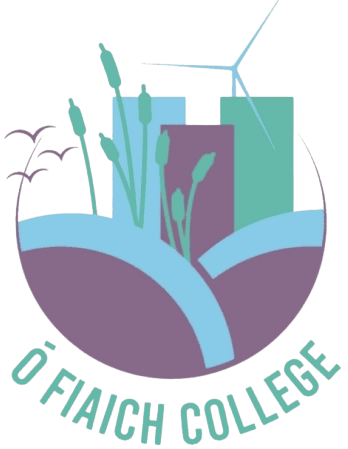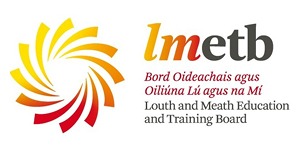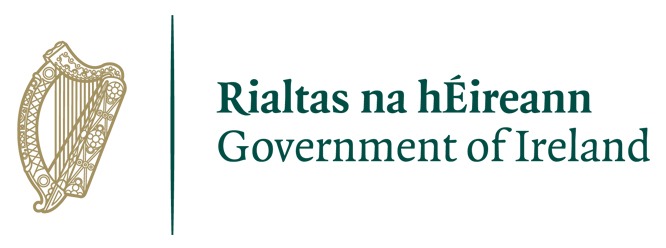History
- Home
- /
- History
What is History?
History is the study of the past and of past human experiences that allows us to develop our understanding of why the world is the way that it is.
Students will develop their skills as a young historian as they work with evidence to widen their views on historical events that have happened in the history of Ireland and the world.
What kind of student would History suit?
Students who study History will learn skills such as working with sources, both primary and secondary, whilst also developing their historical consciousness and critical thinking skills.
A student who has an open-mind and is not afraid to challenge the past and explore different areas of history will excel in this field of study.
What will I Study?
At Junior Cycle, students will study a wide range of topics from Ancient Rome to World War Two, and everything in between. Students will engage with topics from both Irish and Global history which will allow them to see the world in a different light.
A Senior Cycle level, students will investigate issues and events that have changed the political and economical landscape of Ireland, Europe and the wider world. Students will get an opportunity to explore an area of History that appeals to their own interests through their Research Study Report.
How is it assessed?
At Junior Cycle, students will work on continual based assessment through the form of CBAs which range from displays to presentations to written pieces. These will be followed by a final assessment at the of 3rd year.
At Leaving Certificate, students will be examined through their Research Study Report (RSR) which is worth 20% of their overall Leaving Certificate Examinations and the final exam at the end of 6th year. Continuous assessment will also be used throughout the course of the two years at Senior Cycle History.
Junior Subjects – LC Options
As History is a compulsory subject for the Junior Cycle examinations, it is a choice subject at Leaving Certificate.
The topics at Leaving Cert include: Dictatorship and Democracy, The Pursuit of sovereignty and the impact of partition, Nation States and International Tensions, Politics and Society in Northern Ireland and United States and the Wider World and many more.
Senior Subjects - Possible Careers
- Teaching: Secondary, Further Education and Higher Education.
- Historian
- Archaeologist
- Researcher (Archives and Databases)
- Librarian
- Historical Journalist
- Museum Tour Guide/ Educator
- Politics
- Home
- /
- History
What is it?
Accounting is one of three Leaving Certificate business-related subjects, the others being Business and Economics. It is definitely not Maths, but it is about numbers. Accounting is a language that provides information about the financial position of an organisation. It is also one of the oldest professions; businesses have been practicing accounting for thousands of years. Accuracy and order is important in Accounting because it provides a clear financial image of a business and allows managers to make informed decisions
Who is it for?
Anyone interested in the world of business or thinking of setting up their own business in the future will enjoy studying this subject. It will appeal to logical thinkers who enjoy working with numbers or who are organised, methodical individuals who like “right or wrong” answers.
Junior Cycle Business Studies is not a requirement to study Accounting but will be an advantage.
What will I learn?
- How to record and interpret the financial information of organisations of all sizes, including small businesses, large companies, clubs and farms.
- To identify problems in a business by looking at their historical accounts.
- To plan for future business success and aid management decision-making.
Where will it lead me?
- Many accountants and managers begin their careers by studying Leaving Certificate Accounting. Students who study Accounting have a distinct advantage over those who have not during the first year of Business courses that require students to take Accounting modules. Leaving Certificate Accounting also provides an invaluable body of knowledge for aspiring entrepreneurs.
Possible future careers are wide ranging and include:
- Accountant
- Business Owner
- Manager
- Law
- Stock Broker
- Financial Trader
- Administration
- Human Resources/Payroll
- Marketing
- Auditor
- Insurance
- Actuary
- Auctioneer
- Business Consultant
Assessment: Accounting can be studied at Ordinary or Higher Level and is studied over two academic years. It is assessed in June of the second year in a final three-hour long exam.
Projects : Students engage in Enterprise Week where they promote being enterprising to the O Fiaich community.





